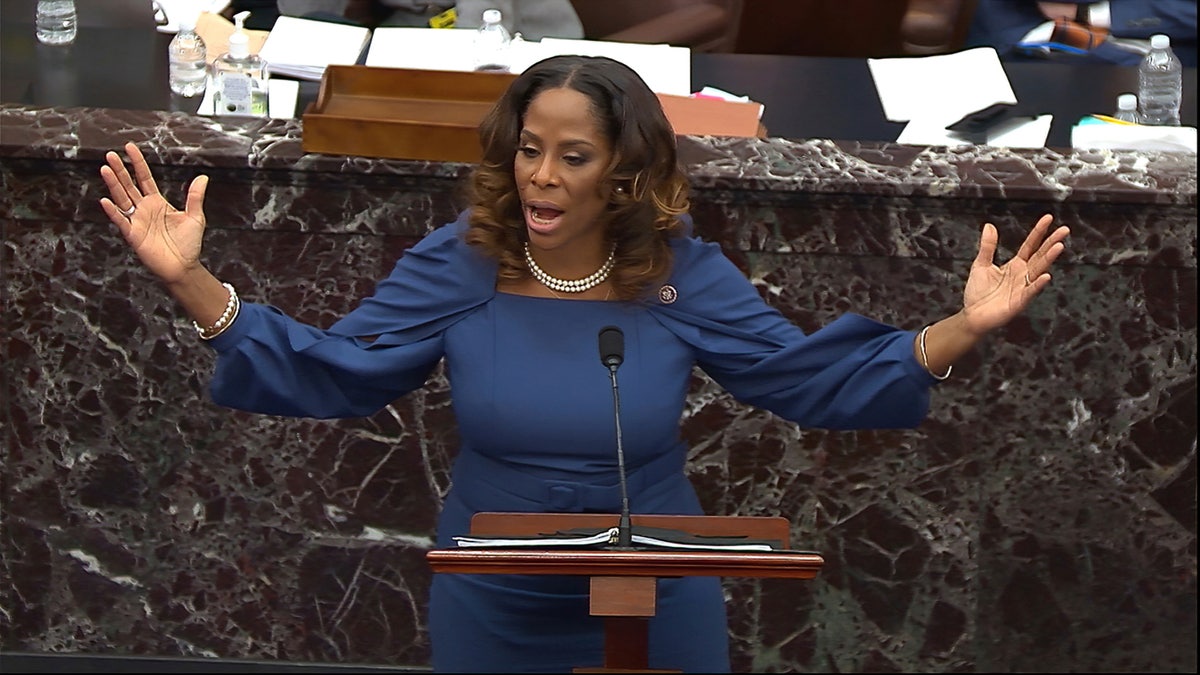Delegate Stacey Plaskett's recent interruption of the House speaker election, demanding voting rights for representatives of non-states, sparked controversy. Her assertion that the House has a "territories and colonies problem" raises constitutional questions. Plaskett's history reveals a pattern of challenging established legal principles, including her stance on hate speech and her questioning of evidence presented to her committee regarding censorship. This latest incident, however, directly confronts the constitutional framework governing voting rights in the House of Representatives.
Article I, Section 2 of the Constitution explicitly limits voting power in the House to elected representatives of "the several states." Plaskett questioned why delegates from non-state territories were not permitted to vote in the speaker election. The presiding member clarified that only elected representatives are eligible to vote for the speaker, according to established House rules. Plaskett's insistence that this constitutes a "territory and colonies problem" and her subsequent outburst, met with applause from Democrats, garnered significant media attention.

While acknowledging the significant contributions of the Virgin Islands, including its high percentage of veterans, the constitutional reality remains that it is not a state. Plaskett's demand for voting rights for delegates from territories like the Virgin Islands, American Samoa, Guam, the Northern Mariana Islands, Puerto Rico, and Washington, D.C. challenges the long-standing interpretation of Article I. Currently, these delegates can vote in committees but not on the House floor for final legislation. Granting them full voting rights would effectively amend the Constitution without a formal amendment process.
The implications of Plaskett's challenge extend beyond the speaker election. Allowing non-state delegates to vote could drastically alter the balance of power in the House and create a precedent for future manipulations of representation. This incident echoes other debates, such as court packing and D.C. statehood, where calls for change clash with constitutional constraints. The stability of the U.S. constitutional system relies on adherence to established rules and resistance to ad hoc measures for political gain. Plaskett's challenge raises fundamental questions about the nature of representation and the balance between the rights of states and territories within the American political system.

Comments(0)
Top Comments